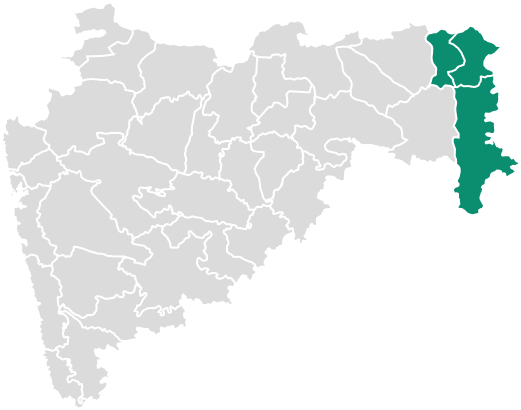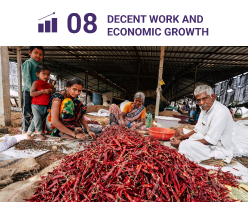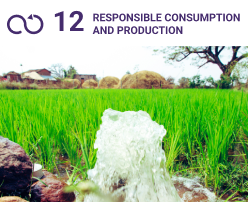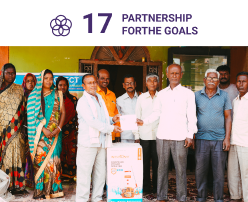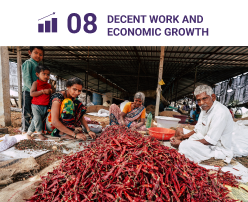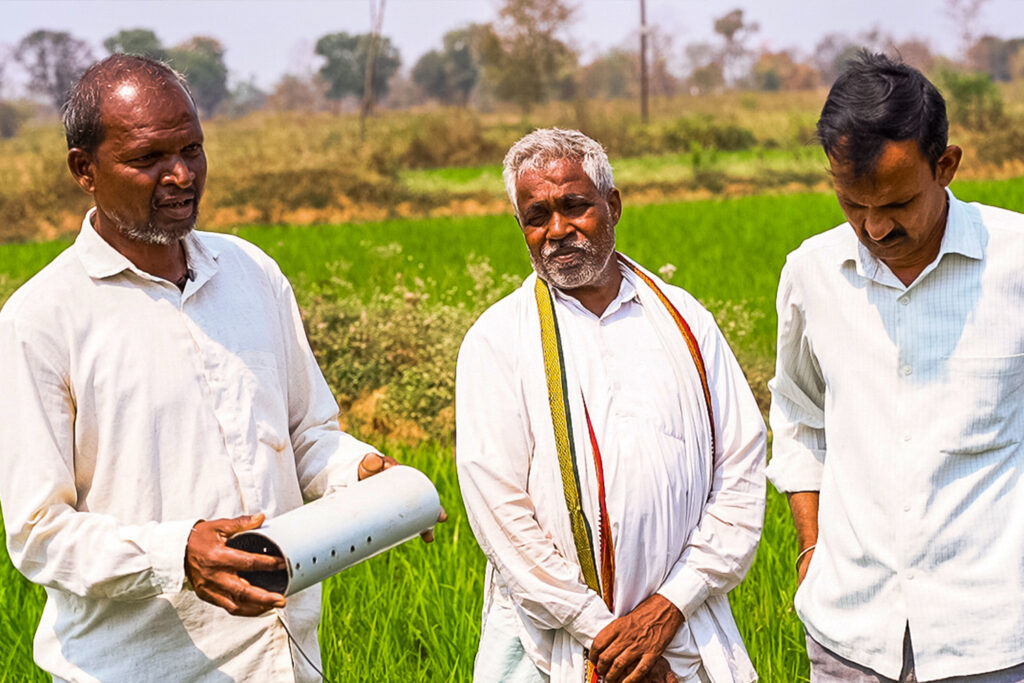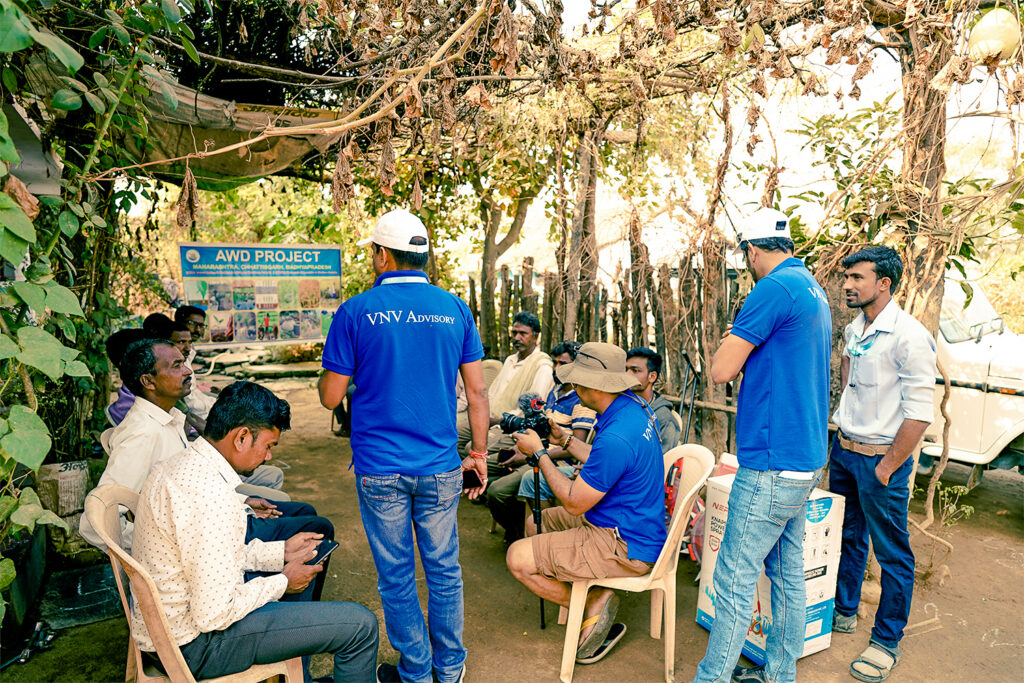Real Stories, Real Change
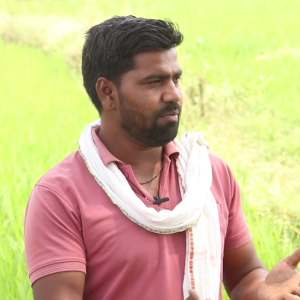
Sandeep's Story

While waiting for the rice field to dry, we can move on to cover another area. This way, we can do more rice farming in the same amount of time. This technique has definitely been beneficial to us.
Sandeep Athawale
Farmer
Pathargota, Madhya Pradesh, India





